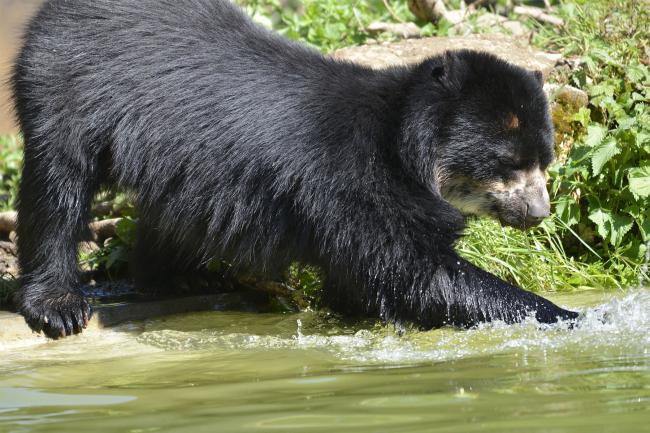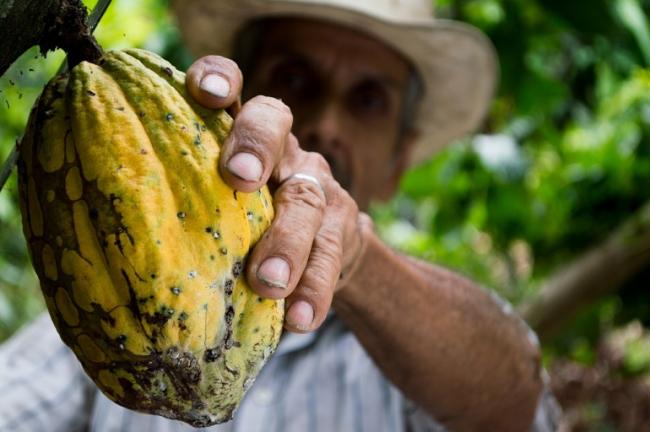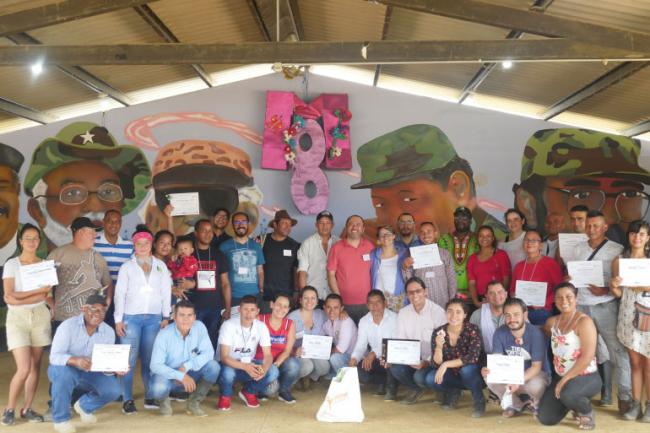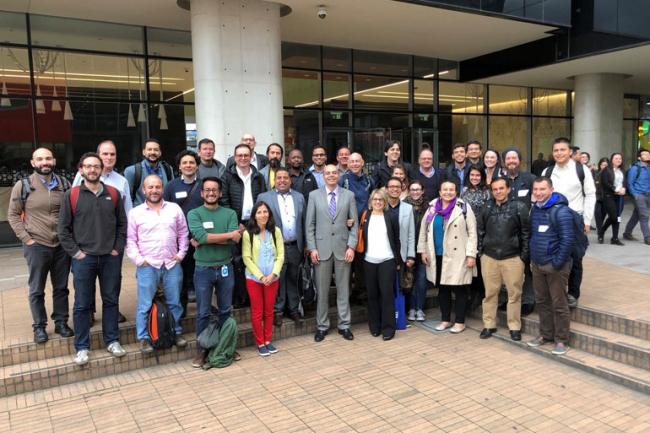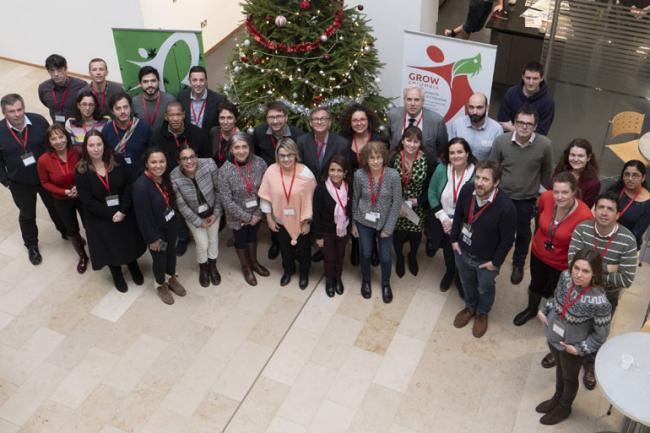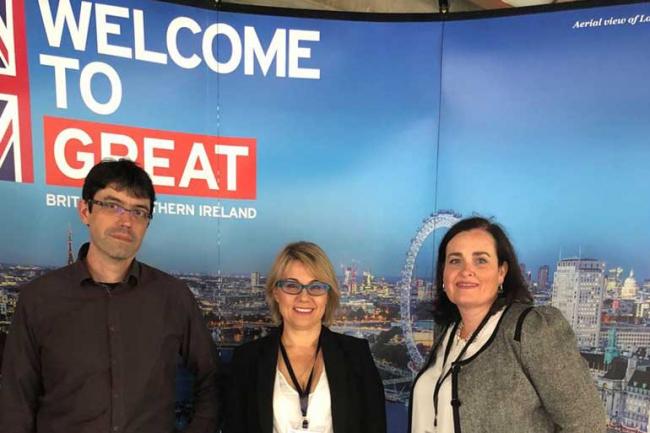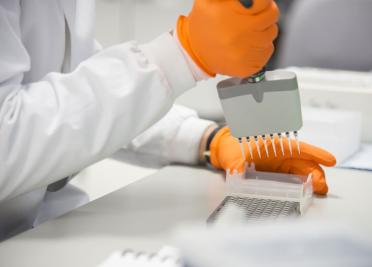
Volunteers from all research organisations on the Park are working together with staff at the Norfolk and Norwich University Hospital (NNUH) to help with the isolation and detection of viral RNA, part of the vital testing process of NHS workers.
NNUH is working in partnership with the Earlham Institute, John Innes Centre, The Sainsbury Laboratory, Quadram Institute Bioscience, the University of East Anglia, Eastern Pathology Alliance and the Cotman Centre. The additional resource could see testing capacity increase more than seven-fold in the long-term, providing thousands rather than hundreds of tests each day while still delivering results within 24 hours.
Frontline NHS staff in key roles, such as critical care workers, paramedics, emergency department staff, and primary care staff will be eligible if they or a household contact develop symptoms of COVID-19. A facility at Norwich Research Park will be dedicated to the testing of NHS staff and their household contacts.
By substantially reducing the 7 or 14 day self-isolation period, NHS staff will be able to return to work more quickly to provide care for patients across Norfolk and Waveney.
A small number of appointments will be offered initially across the Norfolk and Waveney health system, with the capacity increasing as the volunteers from Norwich Research Park boost the ability of the NHS to test staff. The Park is also providing a dedicated drive-through facility where swab samples can be safely collected, before being sent to the labs for testing.
In the meantime, members of the public should continue to follow the advice available from the NHS 111 website.
Sam Higginson, Chief Executive at NNUH, said: “Quick and reliable testing is an essential part of the national effort to protect the NHS and save lives.
“We are starting to test key clinical staff for COVID-19 in line with national guidelines. The expectation is that staff in key clinical roles will be tested to support our staffing through the pandemic.”
Testing for the virus involves collecting viral RNA - the material found in a virus that contains the instructions for how to make copies of itself - and then amplifying the sample to create enough material for reliable testing. This is usually done through polymerase chain reaction (PCR), which ensures even tiny trace amounts of viral RNA become detectable.
Many of the scientists based at Norwich Research Park already have relevant expertise in the molecular techniques necessary for COVID-19 testing, allowing them to quickly get to work with minimal training.Professor
Neil Hall, Director of the Earlham Institute, said: “We’re fortunate to have world-leading scientists who can apply their skills to a range of problems. There couldn’t be a more immediate need than tackling this virus. Our volunteers will help more front-line NHS staff to safely return to what they do best - treating patients and saving lives.
“Our research normally focuses on developing technology to understand how genetics and the environment interact to create the beautiful and complex world we live in. Viruses are part of that world and we need to learn more about them so we can develop the tools to limit the death and suffering they cause in the future.”

